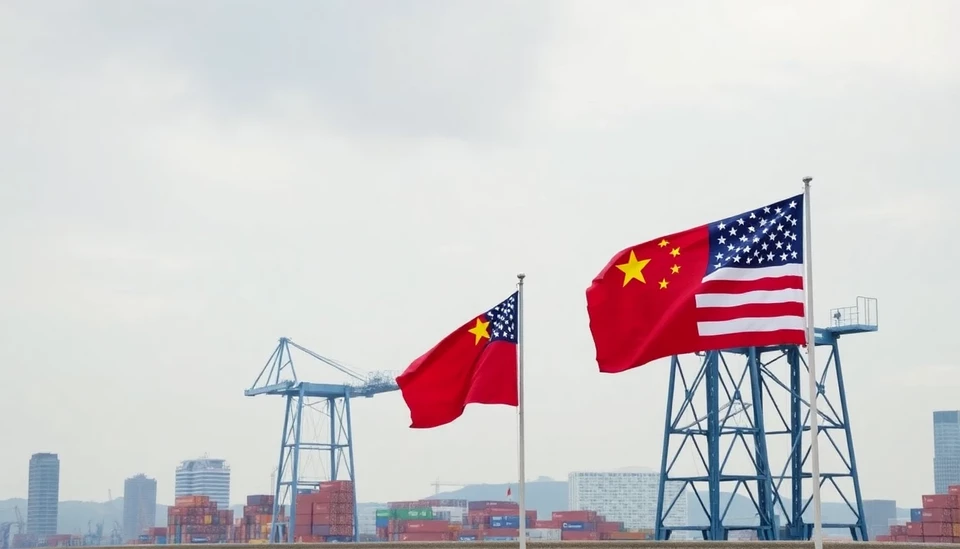
In an unexpected turn of events, Chinese officials have launched a vigorous campaign aimed at persuading the United States to reconsider its stance on tariffs that have been a contentious point in the two nations' relationship. This latest appeal highlights the significant economic benefits that a reduction in trade barriers could bring to the U.S. economy, laying the groundwork for potential diplomatic breakthroughs amidst ongoing tensions between the two superpowers.
During a press briefing, a spokesperson from the Chinese Ministry of Commerce emphasized the reciprocal advantages that could arise from easing tariffs on goods. They pointed out that American consumers would gain access to a wider array of goods at competitive prices, which would ultimately boost purchasing power and potentially stimulate domestic consumption. Analysts have noted that U.S. retailers and businesses that import from China stand to gain significantly from such a move, advocating for a potential reduction or elimination of tariffs that have been in place for several years.
In this latest push, China has specifically cited the adverse effects of existing tariffs on American firms, many of whom have reported decreased profit margins and increased costs that have been passed along to consumers. The spokesperson highlighted that easing tariffs would not only benefit consumers but also revitalize certain sectors of the U.S. manufacturing base that are heavily reliant on imported components from China.
China's plea comes at a critical juncture as both countries navigate a complex web of trade issues that has seen tensions escalate in recent months. December's import-export statistics showed a sharper decline in bilateral trade than anticipated, leading to growing concerns among U.S. manufacturers regarding the stability of the supply chain. The ongoing disputes have prompted calls from various U.S. business leaders for a re-evaluation of the current tariff structure, suggesting a path toward more amicable trade relations.
Furthermore, in a bid to reinforce its position, China's government has pointed to research indicating that removing tariffs could yield substantial economic growth for both countries. This assertion is gaining traction as economists begin to analyze the cumulative effects of tariffs on the broader economy. China is adamant that fostering a cooperative trade environment can lead to mutual gains and a more stable international market.
As the April 2025 release of the latest trade negotiations looms, the U.S. administration has yet to publicly respond to China’s latest overtures. However, political analysts stress that the upcoming midterm elections may influence the Biden administration’s handling of economic policies, with lawmakers on both sides of the aisle showing varied support for tariff reductions. Maintaining a balance between protecting local industries and engaging in productive international trade is proving to be a delicate task for policymakers.
In conclusion, China's recent appeal underscores the urgency for constructive dialogue as both nations find themselves at a crossroads—a moment that could pave the way for new trade agreements or further entrench existing barriers. As this diplomatic saga unfolds, all eyes will be on the U.S. administration's response and the potential ramifications on both the U.S. and Chinese economies.
#ChinaTrade #USTariffs #EconomicBenefits #TradeRelations #BilateralTrade #USChinaRelations
Author: Daniel Foster




